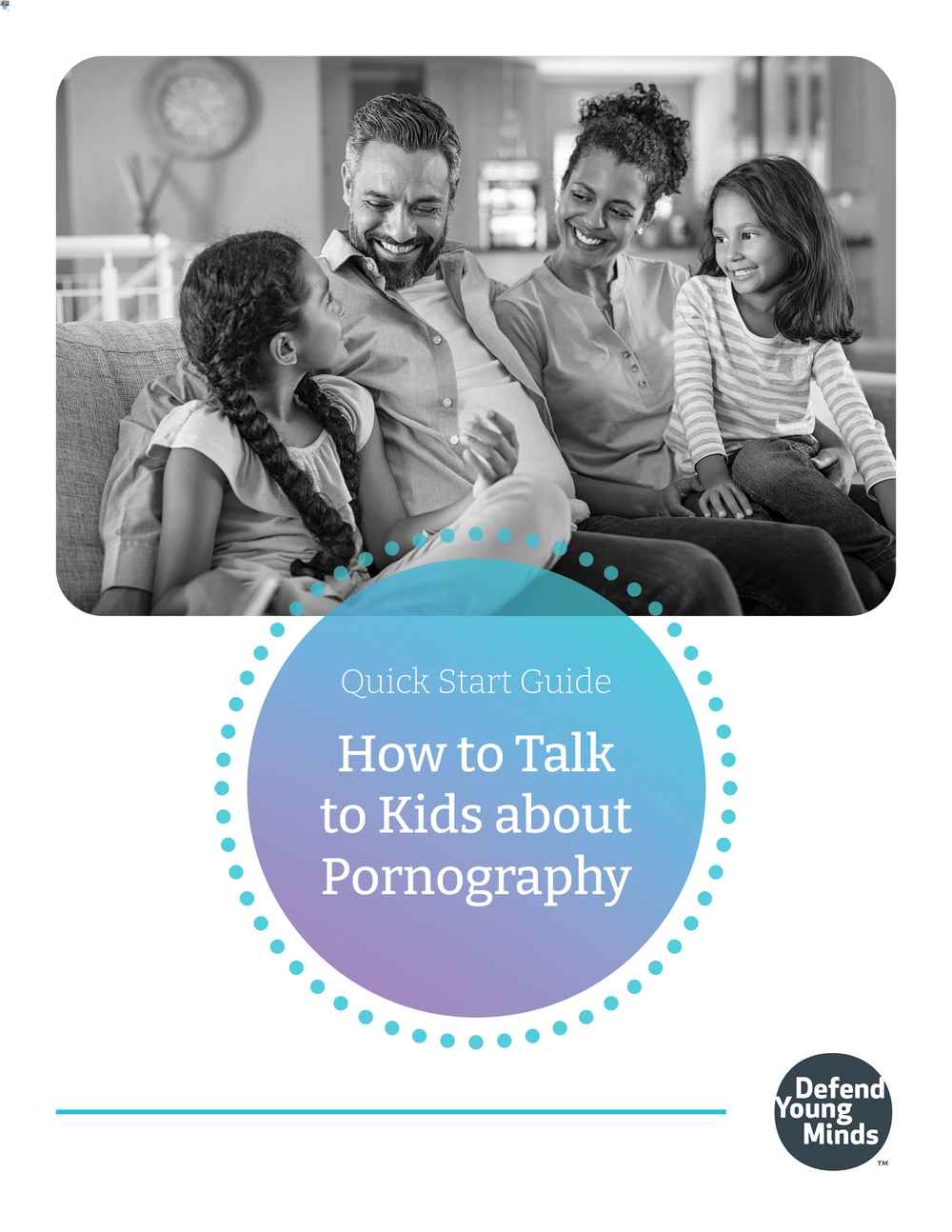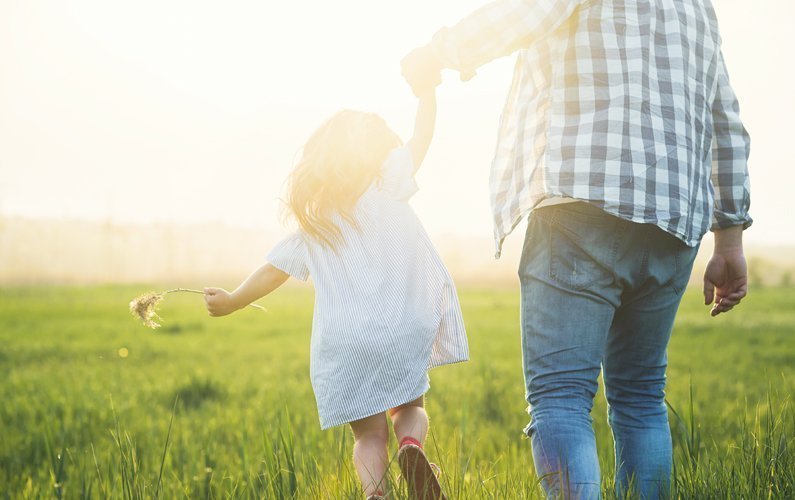
Perfection Not Required! How Parents in Recovery Can Help Their Kids Reject Porn
Many parents today know what it’s like to be caught in the trap of pornography as a kid - and then struggle with it as an adult. These moms and dads can feel unqualified to teach their children to reject pornography. This is especially true when a parent has not completely won the battle yet. It can feel hypocritical to warn their children about the dangers when they are still learning or have not been free for long.
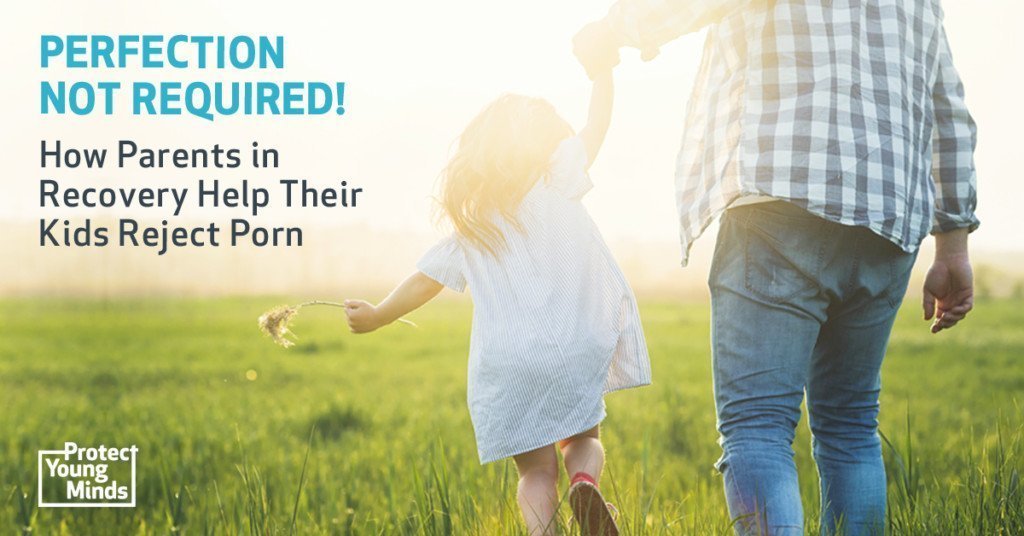
The truth is that our experiences give us unique insight to mentor a child away from such damaging, sexually explicit content. While your past or present struggle with porn may feel like an embarrassment, this is one case where it can be used to help your children.
I know this works because pornography was a huge challenge for me as an adolescent and young adult. Rather than keep that secret from my children, I shared my story with them. That became the most powerful tool we had in our family to help our children resist pornography. I invited them into my journey and that has made all the difference.
The past can guide a better future for our kids
When a parent has had a challenge resisting pornography they can speak with greater understanding. It is one thing to warn a child away from what we have never been interested ourselves. It is quite another when we know first hand how powerful the allure can be.
Crystal Point of Motherly said in an article about parents who have an addiction or other compulsive behavior problem,
“When it comes to addiction, knowledge is power – and hope and healing. Don’t shy away from these conversations.”
Our past failures resisting pornography do not disqualify us - they give us additional credentials to guide our children.
How your struggle with pornography can benefit your child
If your child is young or has not intentionally viewed pornography, we don’t have to go into much detail about our experience with it. They should know it is something that has affected us negatively, but most of all they should know that we are taking action and making progress to overcome it. Children benefit when they see their parents working on their own issues, whether that is related to pornography or something else. Perfection is not required!
In my experience, children who are aware of a parent’s battle with pornography are typically proud of them for working on it, not ashamed of their parents. The only time I have seen a child feel ashamed of a parent is when the parent had done nothing to get help to change. Children are amazingly forgiving of a parent who sometimes fails if they see the parent really trying.
Once a child admits they feel drawn to pornography it is time to be open about our story. Show them they have a partner on this journey. As they hear your story unfold they will pay attention to what you tried and what worked. They will apply this to their own lives, learning from watching you grow. Even your past failures can teach them. When they see you are determined to change, they will be less likely to give up.
Validating a child’s natural attraction
Parents who have struggled with porn understand their child’s interest. Children are naturally curious about sex. In fact, we are all biologically designed to be drawn to sexualized images. When a child does become curious about pornography they may feel there must be something wrong with them. They can feel too embarrassed to tell us. A parent who knows exactly what it feels like to be drawn to it can honestly say to their child, “I know how you feel.” This gets their full attention and opens the door to honest conversation.
Help children understand why they are naturally attracted to pornography and teach them a plan that will help them turn away! Good Pictures Bad Pictures: Porn-Proofing Today's Young Kids for ages 6-11 and Good Pictures Bad Pictures Jr.: A Simple Plan to Protect Young Minds for ages 3-7 are read-aloud books that make it easy and comfortable to start talking to kids.
[[CTA]]
Showing them how to get back on track after slips
We can relate to wanting to stop viewing it but failing at times. It is common for a child to be completely convinced that pornography is harmful, but still, find it very difficult not to take advantage of opportunities to view it when they arise. Even if this happens only once, a child will be confused about why they found it hard to keep their commitment to stay away. A child can feel they are broken for giving in, even if it was only once or twice.
A parent who has felt the pull of pornography understands this discouragement very well. They realize that when pornography hooks us, it can take time to sever that tie. When a parent shares experiences of returning again after vowing they would not, the child realizes someone understands them. Sharing our own stories of failure - and our determination to keep trying - help keep the door open when a child may be ready to shut it in shame.
Teaching that boundaries keep us safe
Children can get upset when parents limit access to the Internet or won’t allow them to have a smartphone yet. They can feel like they are missing out on what their friends are doing.
We know what it is like to give up some freedom to build our own safety. Most parents who have been through recovery from compulsive pornography use have chosen to restrict their own access to the internet in some ways. They have set their own rules to help them accomplish their goals. They may have asked a friend to help them be accountable. This is a common practice, especially early in recovery. These parents can reassure their children, “I learned to do without some things too, and I found I was better off.” The child is no longer alone.
In fact, parents could decide to take on some of the same limitations that the child is experiencing. For example, we could say, “Since I have had trouble with this too, we will both limit our access to the Internet to this computer in the living room, and only when someone else is with us.” Kids love fairness! And erasing what kids might see as a double standard could help them feel supported.
Working together toward healthy, happy living
We can actually share their journey of recovery. This is the most beautiful aspect of a parent who has experience with overcoming pornography helping their child. Rather than lecture a child, we can invite them into the same journey we are taking.
With older children, we can have transparent conversations that inspire them to make their own wise decisions. Instead of just asking how they are doing avoiding pornography, we can talk about how each of us is doing. We can admit that at times we still feel the pull, and celebrate times when each of us walked away. It is a powerful thing for a parent to say to a child, “Let’s do this together.”
We can share from our own experience why pornography is harmful - how we realized it was holding us back from the best things in life, and the trouble it caused us. We can share how much happier we are when we are free from using pornography. This witness can have a profound impact on your kids.
You have experience with what has worked for you. Now you can share that with your child.
Related: How Dads Can Protect Their Kids Online: Excellent Advice from a Therapist
Teen encourages parents to share
One teenage boy shares why it can be helpful for parents to be open about their story. He knows because his own father did that with him.
“One thing adults fear is their kids won’t want to hear from them if you also struggle with pornography. But the truth is, your kid would rather hear from you, especially if you’ve messed up. Because right now, if they’ve messed up and they gave in to pornography, they are probably confused and feeling like, ‘No one understands me, who am I going to talk to?
But if you come as their parents and are telling them, ‘Hey, I understand, I’ve been through the exact same thing,’ and you share your own stories and your own struggles and solutions then that’s going to make them feel a lot more comfortable and relaxed. They will think, ‘Someone does understand me and, hey, it’s my parents who understand me.’ I think that’s a really good thing when that happens.”
Share on Pinterest
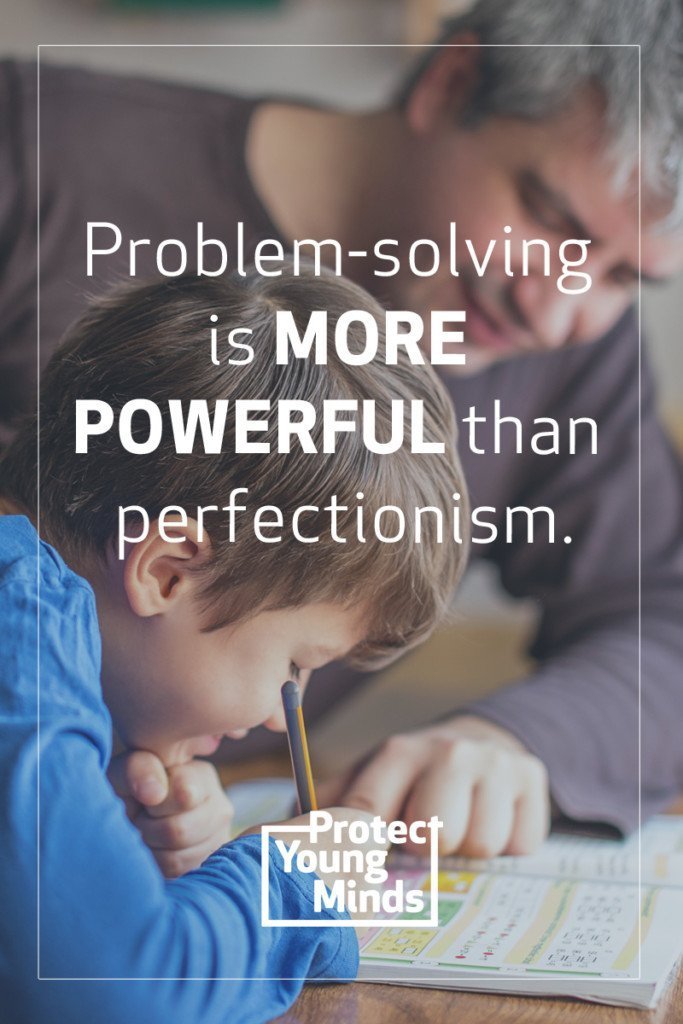
Tips for parents who have a history with pornography
- There is power in your story. Parents sometimes worry that sharing their history will somehow harm their child, but the opposite is usually true. Trust what you know, don’t be ashamed of it.
- You know what helped you. Trust your experience.
- You know your child. You are the best person to decide how to apply what you know in light of your child’s unique personality. A customized approach is always best!
- You can sense things others miss, such as when your child is feeling shame or when they need to talk.
Stages of sharing your story with your kids
- When your child is young, tell them about the first time you were exposed to pornography. How did it happen and how did you feel? Do you look back and wish you had felt safe to talk to your parents? Ask them to come to you when they see it. Reassure them that they will not be in trouble and you can help them feel better.
- When your child reaches adolescence share more about how you realized pornography was causing problems in your life, and what you did to start resisting effectively. Then help them find ways to cope with difficult feelings rather than escape into porn. You can discuss and work through negative feelings together.
- If your child admits to (or was caught) seeking out pornography, tell them you know how they feel. Explain how you would promise yourself you were done with viewing it for good, but later felt a strong urge to see it again. Invite them to come and talk to you when they feel like they are being drawn to it.
- There are things we should not share, as they could be damaging to our children. We should not describe the pornographic images we looked at. We don’t ever want to paint an erotic picture in their mind that stays with them. We should never tell them websites we went to, or any other place where we learned to find pornography. That could lead them to go look in the same places.
Related: How to Warn Against Porn Without Scaring Your Child
When your spouse has struggled with pornography
If you weren’t personally involved with pornography but your spouse was, you can decide together how to help your kids. Don’t be afraid to encourage your child to talk to your spouse. They have important things to share with your child that you cannot. This assumes, of course, that your spouse is willing and they have been actively working on their issues.
Silence puts our children at risk, so we can't let shame and fear keep us from talking. If we know from personal experience how damaging pornography is, we have an even greater motivation to give our children every opportunity possible to avoid the pain we have been through. And you may find that your relationship with your children becomes a powerful bond that strengthens all of you.
Note from Protect Young Minds: We appreciate this father’s perspective, and we love sharing other parent’s experiences with you. We learn from each other’s stories. We also recognize that there is a wide range of experiences in homes that have been impacted by pornography. As a parent, you can make the best decisions about how to approach this in your family. Our hearts go out to everyone who has experienced the pain of pornography in any way. This is why we all work so hard to help children grow up free from these problems.
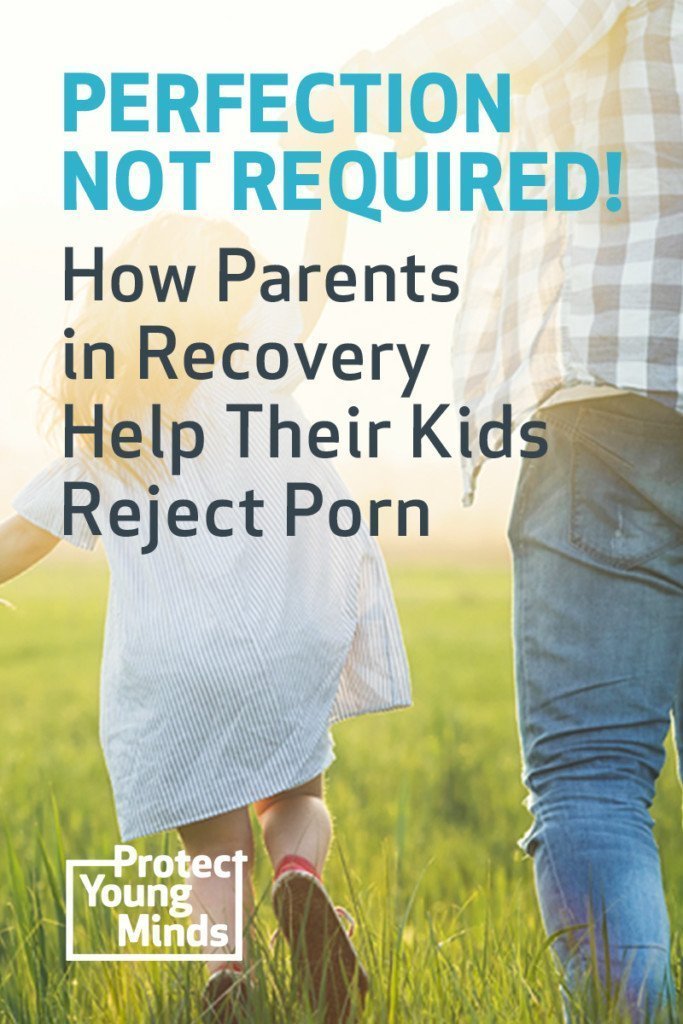
.png)
.png)
Brain Defense: Digital Safety Curriculum - Family Edition
"Parents are desperate for concepts and language like this to help their children. They would benefit so much from this program - and I think it would spur much needed conversations between parents and children.” --Jenet Erikson, parent











